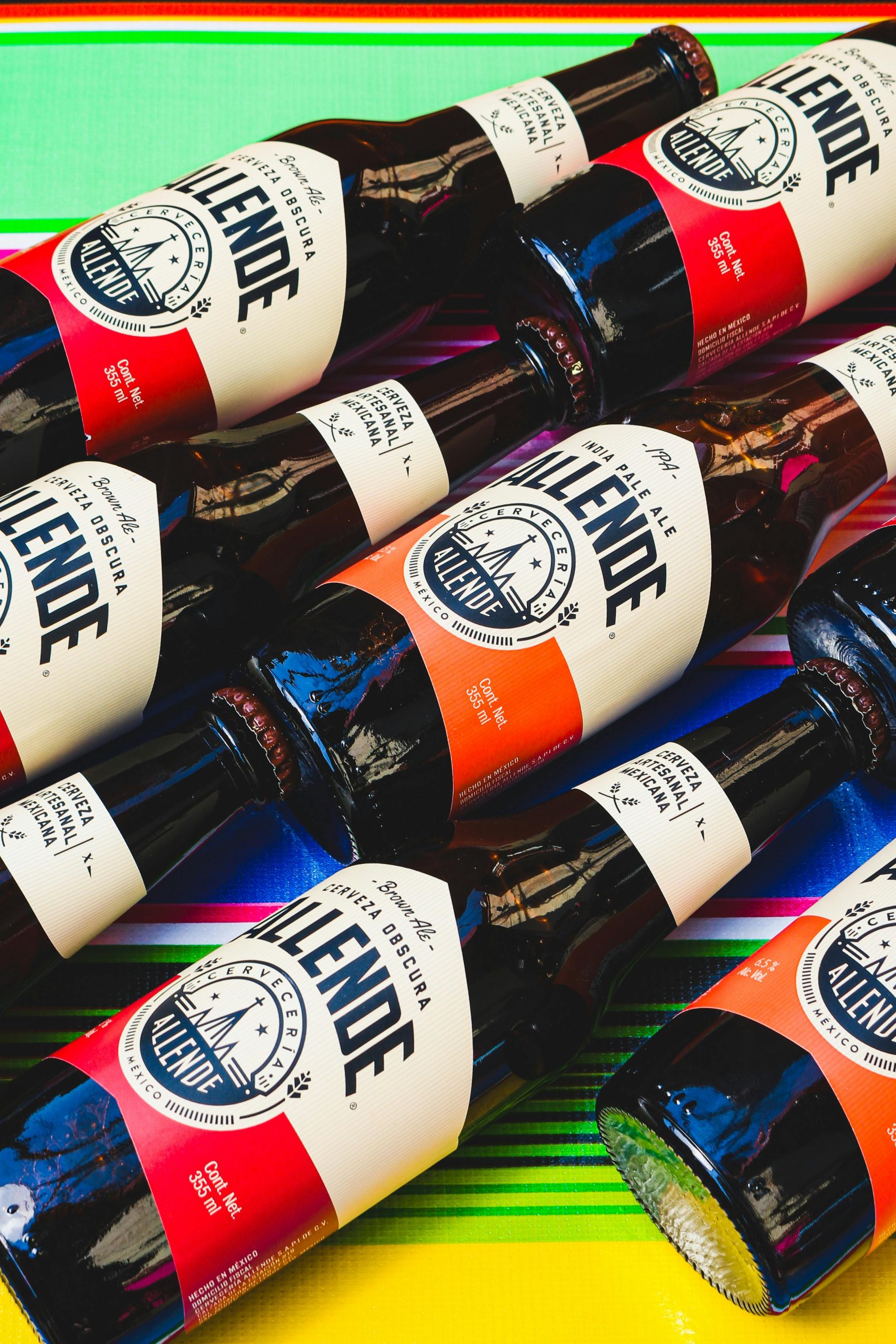Your cart is currently empty!

Steven Coulson
Steven has been drinking beers, wines and spirits for decades and has a propensity to go about them at length after a few drinks.
Latest Posts
- My wife found out our favorite Gin for martinis was discontinued. I think we are good for a while…

- Oregon Road Trip: Freeland Spirits Garden Botanicals Gin

- Botanist with Trader Joe’s Lemon and Elderflower Soda

- I’m one of the worlds leading buyers of craft gin in the world and a international spirit judge AMA

- I’m blown away…. By how let down I am by this Gin.

Categories
Tags
Social Links

Unlocking the Mystery of Hops: Exploring Their Psychoactive Potential
When it comes to the world of craft beer, hops often take center stage, yet their effects are frequently debated. In my recent journey through the intricate flavors of various IPAs, I’ve come to a rather unconventional conclusion: hops might just have psychoactive properties that influence our experience.
In a previous discussion, I shared my preference for India Pale Ales (IPAs) that boast high International Bitterness Units (IBUs). My insight sparked a range of responses, from fellow enthusiasts who resonated with my experience to skeptics who attributed the sensation solely to higher alcohol content. Intrigued by this divergence, I decided to delve deeper into my own tasting experiences.
What I discovered was fascinating. Take “Cold” IPAs, for instance, which contain fewer hops than their West Coast counterparts but maintain a similar alcohol by volume (ABV). Meanwhile, Imperial IPAs often flaunt elevated ABV percentages without an adequate hop profile to back it up. Contrary to my expectations, these variations left me wanting more, unlike the traditional West Coast IPAs that deliver a harmonious balance at a lower ABV—truly a standout experience.
The feeling I associate with hoppy beers is distinct and far from the familiar warmth of an alcohol buzz. It’s more invigorating and cerebral, leading me to wonder if hops can indeed induce a psychoactive effect under specific conditions. Perhaps the magic lies in the fermentation process, making certain compounds bioavailable, or maybe the alcohol amplifies the hops’ impact, enabling them to cross the blood-brain barrier more effectively.
Let me clarify: this isn’t a sensitivity to hops. I experience none of the adverse effects one might expect, such as itching or hives. Instead, I find myself enveloped in a blissful euphoria.
This raises an essential question: Why have hops remained such an integral component of beer for centuries? Historically, not all beers contained hops, yet their introduction has been widely accepted in brewing cultures around the globe. There must be a compelling reason for this enduring preference.
As we continue to explore the complexities of beer and its ingredients, the relationship between hops and our sensory experiences could hold the key to unlocking new flavors and sensations. Join me in this exploration of hops—let’s uncover the layers of this illustrious ingredient and its role in crafting not just beer, but unique experiences.
